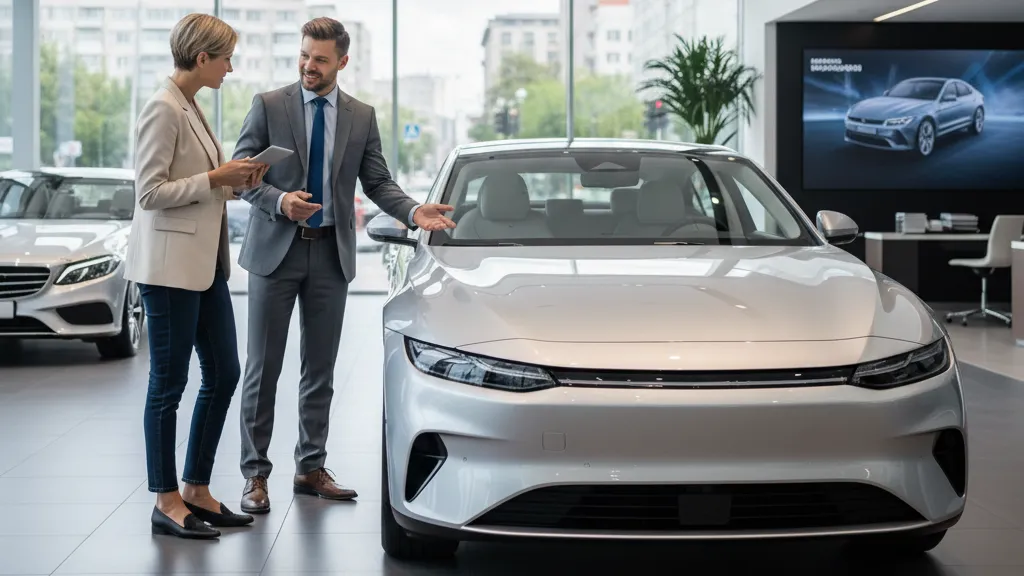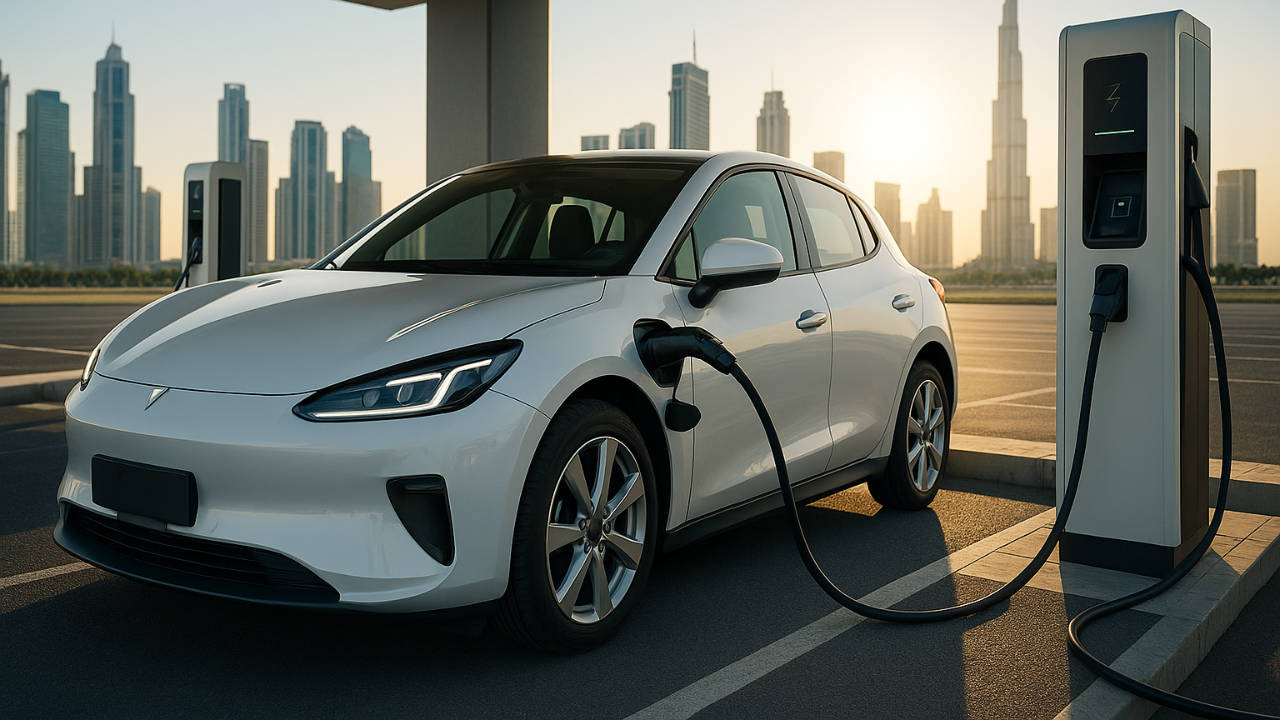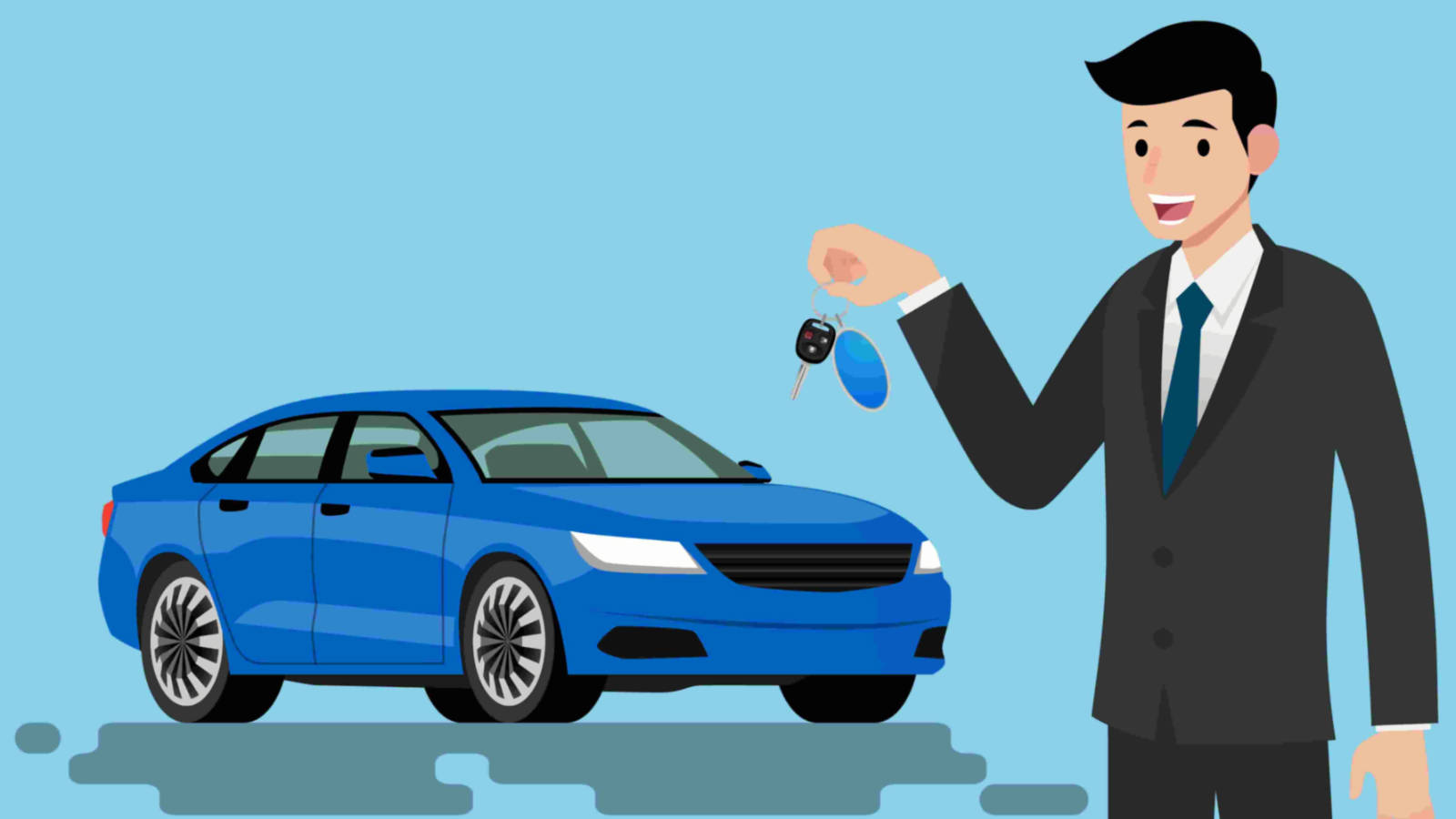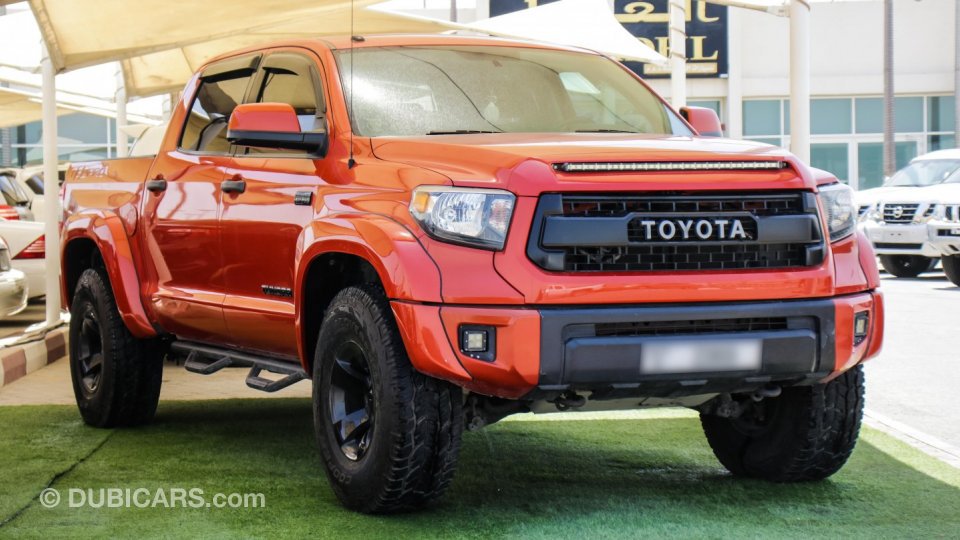Private Car Buying & Selling: Pros, Cons & Which One Offers More Value

Selling a used car to a private buyer or buying one from a private seller is a concept that has stood the test of time. But just because it’s common doesn’t mean it’s the best choice. With the UAE’s digital automotive marketplace booming, are private car sales still the way to go? Or do dealerships now offer better value, security, and ease? Here’s a detailed article on buying from a private seller vs buying from a dealer.
 AI Quick Summary
AI Quick Summary
While private car sales offer potential cost savings for buyers and higher returns for sellers, they come with risks and inconveniences like security concerns, price volatility, and complicated paperwork. Dealerships provide a more secure, reliable, and convenient experience, handling paperwork, financing, and other services, albeit at a potentially higher price. Ultimately, choosing between a private sale and a dealership depends on individual priorities and risk tolerance.
This summary was generated by AI using this article’s content.Read Next
The Evolution Of Used Car Deals
Years ago, car deals were straightforward. You could buy from someone you know or visit a used car dealership. Fast forward to today, and buyers can browse thousands of used car listings online, while sellers can reach a vast audience with a single post. However, with more exposure comes more risk, especially in private deals. So, what should you choose — the traditional private sale or a dealership that handles everything for you?
Security & Safety
Dealing with strangers can be risky. You’re meeting unfamiliar people in unknown locations, allowing them to test-drive your vehicle, or inspecting theirs. In contrast, dealerships provide a secure, monitored space with vetted staff and a fixed address, greatly reducing personal risk. Here’s our detailed guide to a safe and secure transaction when buying from a private seller.

Price Volatility & Commitment Issues
Private buyers and sellers often back out at the last minute or change agreed-upon prices, leading to wasted time and frustration. Dealerships, however, maintain professionalism and consistency. Once a price is agreed upon, it’s honored and documented, creating a stress-free transaction. Here’s how you can finance your private car purchase.
Pricing: Do Private Deals Save You Money?
It’s true, private sellers usually offer lower prices than dealerships, and private sellers often get slightly higher returns. But only if the car attracts genuine buyers. Premium vehicles may find better value through dealerships, which understand the market and have access to the right clientele. Plus, dealerships offer value-added services like inspections, warranties, and financing that justify their pricing.
Payment Methods & Flexibility
Private deals are typically limited to cash or online transfers. Cheques are rarely trusted, and financing isn’t an option. Dealerships, however, provide flexibility. Dealerships usually accept credit card payments, finance plans, and certified cheques.
Tip: If you’re buying or selling privately, insist on a banker’s cheque, which is backed by the bank and far more secure than a personal cheque. For maximum safety, handle the payment and ownership transfer at the RTA centre before the ownership transfer.
Paperwork & Ownership Transfer
One of the most crucial aspects of any car deal is ownership transfer. If not handled correctly, the new owner can’t insure the car or register it, and the previous owner may still be liable for fines.

When selling to or buying from a private individual, this entire process is your responsibility. But with a dealership, the process is streamlined. The dealership takes care of everything, ensuring a smooth and legal handover.
Dealerships Offer Peace Of Mind
While private sales can save you some money, they often come with risks, inconvenience, and unpredictability. Dealerships may cost a bit more but offer added security, reliability, professional service, and convenience, making them a smarter choice for many buyers and sellers in the UAE.
Looking To Buy Or Sell A Car?
Want to sell your car quickly, safely, and at a fair price? Check out the Sell My Car section at DubiCars. It’s the easiest and safest way to sell your vehicle in the UAE. Read our ultimate guide to selling a car in the UAE for more information on anything related to selling a car.
In the market for a quality used car? Browse thousands of listings on DubiCars and find the right car at the right price — no hassle, no surprises. Read our ultimate guide to buying a car in the UAE for everything you need to know about buying a car in the Emirates.
Find the best cars for sale in the UAE.
Stay tuned to UAE’s most popular auto blog for more automotive content.
Also Read:











